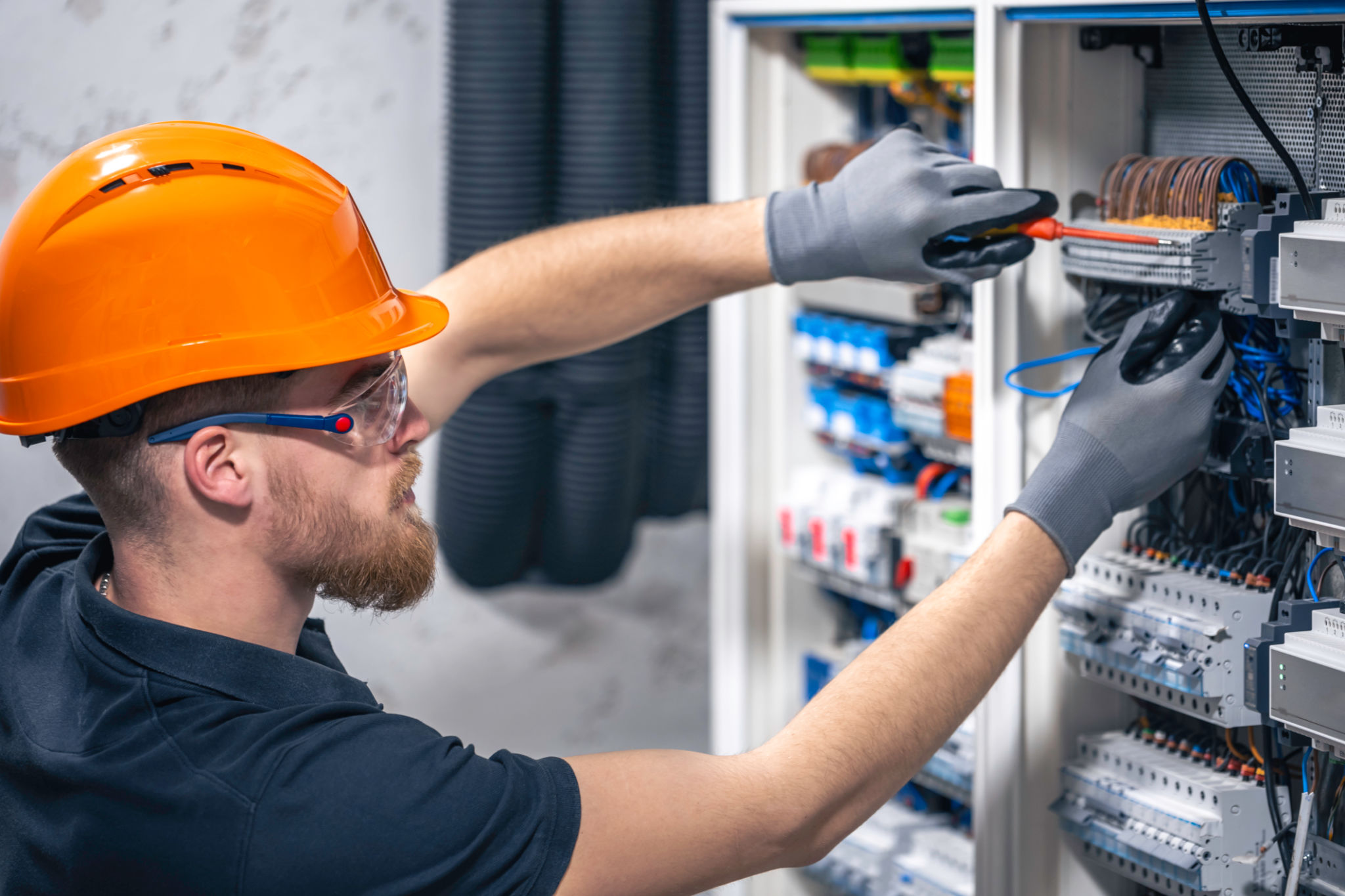A Comprehensive Guide to Choosing the Right EV Charger for Your Home
Understanding EV Chargers: The Basics
As the popularity of electric vehicles (EVs) continues to rise, more homeowners are considering installing EV chargers at home. Choosing the right EV charger can be a bit daunting, especially with the variety of options available in the market. The key is understanding your specific needs and the features each type of charger offers.
EV chargers are generally categorized into three levels: Level 1, Level 2, and DC Fast Chargers. Level 1 chargers use a standard 120-volt outlet and are best for overnight charging. Level 2 chargers require a 240-volt outlet and charge significantly faster, making them suitable for daily usage. DC Fast Chargers are typically used in commercial settings due to their rapid charging capabilities.

Evaluating Your Home’s Electrical Capacity
Before purchasing an EV charger, it is crucial to assess your home’s electrical capacity. Consult with a licensed electrician to determine if your current electrical system can support the additional load of an EV charger. This assessment will help you decide whether you need any upgrades to your electrical panel or wiring.
In some cases, upgrading your home’s electrical infrastructure might be necessary to accommodate a Level 2 charger. While this may involve additional upfront costs, it ensures safe and efficient operation of your EV charger in the long run.

Features to Consider When Choosing an EV Charger
When selecting an EV charger, several features should be considered to ensure it meets your needs. Look for chargers with adjustable amperage settings, as this allows you to control the rate of charge based on your vehicle’s requirements and your home's capacity.
Smart charging capabilities are another feature to consider. These chargers can connect to Wi-Fi and offer mobile app integration, allowing you to monitor charging sessions, track energy usage, and even schedule charging times to take advantage of off-peak electricity rates.
- Amperage rating: Ensure the charger matches your vehicle’s charging capacity.
- Cable length: Choose a cable long enough to reach your car comfortably.
- Weatherproofing: If you plan to install the charger outdoors, ensure it is weather-resistant.

Cost and Installation Considerations
The cost of an EV charger can vary greatly depending on its features and installation requirements. Level 1 chargers are generally the most affordable option, while Level 2 chargers may involve higher costs due to installation complexity and potential electrical upgrades.
Consider obtaining quotes from multiple electricians to compare installation costs. Some utility companies offer rebates or incentives for installing home EV chargers, so check with your local provider to see if you qualify for any financial assistance.
Safety and Maintenance Tips
Ensuring the safety and longevity of your EV charger involves regular maintenance checks and proper usage. Periodically inspect the charger for any signs of wear or damage, paying close attention to the cables and connectors.
Avoid using extension cords with your charger, as they can cause overheating and pose a fire hazard. It's also important to follow the manufacturer’s guidelines for installing and operating your charger to maintain warranty coverage and ensure safe use.
